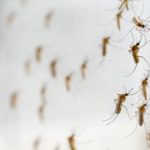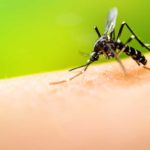
When you think about cockroaches, were guessing nothing good comes to mind. Many people are grossed out by cockroaches and wouldn’t at all be upset if they disappeared forever. Others don’t have as strong of feelings, but wouldn’t want to see one in their home. Very few people like cockroaches or think they are good bugs like honey bees or butterflies. However, research has increasingly shown that cockroaches can be beneficial in many different fields, including science and medicine.
There are thousands of known species of cockroaches worldwide, over 4,500 in fact, but only four species are actually considered pests to people living in the United States. Most of the other species of cockroaches live far away from any areas inhabited by humans and will never be seen by anyone other than scientists. These cockroaches play a very important role in their ecosystems, but scientists think these little creepy crawlers could hold the secrets to improving how we treat diseases and even how we respond to disasters.
Researchers at Texas A&M University found that, by attaching small microchips to cockroaches, they could direct them into places too small or dangerous for humans to enter—like buildings or tunnels that collapsed after tornados—to look for survivors and see if the structures are stable enough to send emergency crews inside. Researchers at Harvard found that by studying cockroach legs and how they work, they were able to create more efficient and effective prosthetic limbs. Other studies involving cockroaches have found that they produce their own antibiotics, which allows them to survive in dirty environments. Scientists and doctors think these could be adapted for humans to treat deadly diseases such as E. coli, which currently have no antibiotic and are fatal to people.





